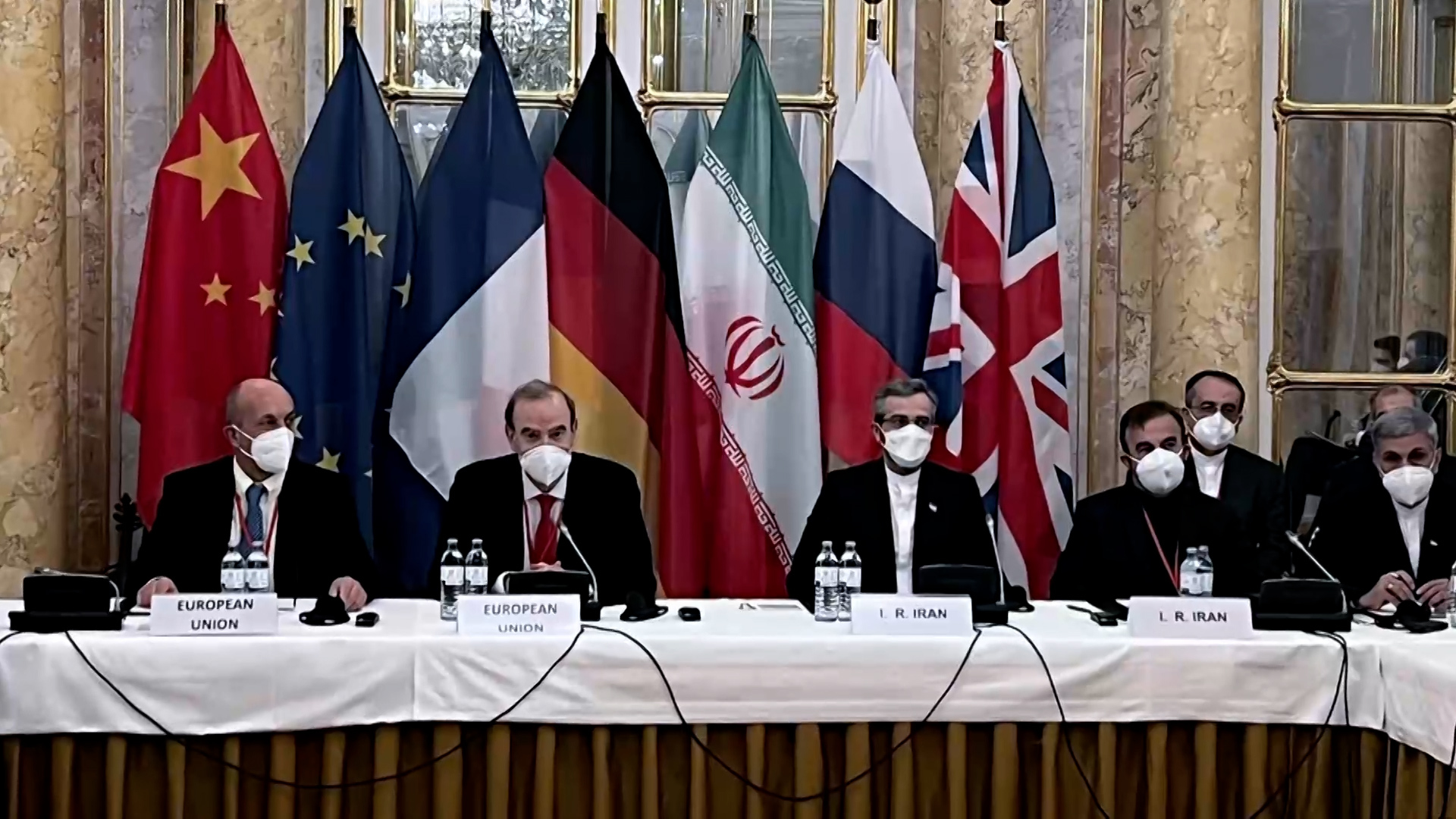Dr. Khalil Al-Anani, professor of political science and international relations and researcher at the Arab Center, said that the outstanding issues in the nuclear agreement, which may or may not be signed, relate to 3 points, the first is technical and the second is about the issue of economic sanctions imposed on Iran, and whether they will be lifted immediately or gradually, as the 17 Iranian banks and 150 institutions are under sanctions, and the third matter concerns the guarantees demanded by Tehran from the US side, which are legitimate, according to the guest.
According to Al-Anani - in his talk to an episode of "Beyond the News" program (24/8/2022), the American and Iranian parties need to reach an agreement due to the internal pressures they are facing, whether the administration of US President Joe Biden, which had put the nuclear agreement with Iran among its priorities. Or as for Iran, which suffers from a difficult economic situation, but there are caveats on both sides after the rush to sign the nuclear agreement.
The Iranian Foreign Ministry had announced that Tehran had received the American response to its observations to resolve the outstanding issues in the nuclear negotiations, while sources said that it was unlikely that Washington would accept Tehran's demands.
The ministry said that it has begun to study the American response carefully, and that it will inform the European coordinator of its opinion after it is completed.
Regarding the implications of Washington’s bombing of Iranian-related targets in Syria, the professor of political science and international relations explained that there are many messages that Washington wants to convey to the Iranian side by targeting sites believed to be affiliated with the Iranian Revolutionary Guard, on top of which is that it does not tolerate Iranian influence in the region, and that This file is present at the indirect negotiating table between Washington and Tehran, and secondly, to reassure Israel that the Iranian presence in Syria will not affect it, in addition to reassuring the US allies in the region that Washington is ready to protect them.
Other negotiating rounds
For her part, Dr. Fatima Al-Smadi, senior researcher at Al Jazeera Center for Studies and an expert on Iranian affairs, said that the Iranian and American sides need other negotiating rounds to reach an agreement, and considered that the chances of returning to one or more rounds in Vienna are high.
Al-Smadi said that Tehran does not seek to sign the nuclear agreement except by closing the file of supervision imposed by the International Atomic Energy Agency on the Iranian nuclear program, in order to avoid the possibility of issuing sanctions by international consensus against Iran, noting that the years of sanctions cost Tehran 370 billion dollars in losses, and that Tehran It has not exploited its oil potential due to Western sanctions.
And US State Department spokesman Ned Price said that efforts to revive the nuclear agreement were unable to bridge some of the gaps during the past two weeks, because Iran made additional demands, he said.
Price added that the deal was not about IAEA inspectors, but about surveillance cameras and other technologies that would show that Iran was complying with the deal.
Earlier this August, the European Union submitted a "final" settlement proposal, calling on Tehran and Washington - who are negotiating indirectly - to respond to it, hoping to culminate in talks that began a year and a half ago.

